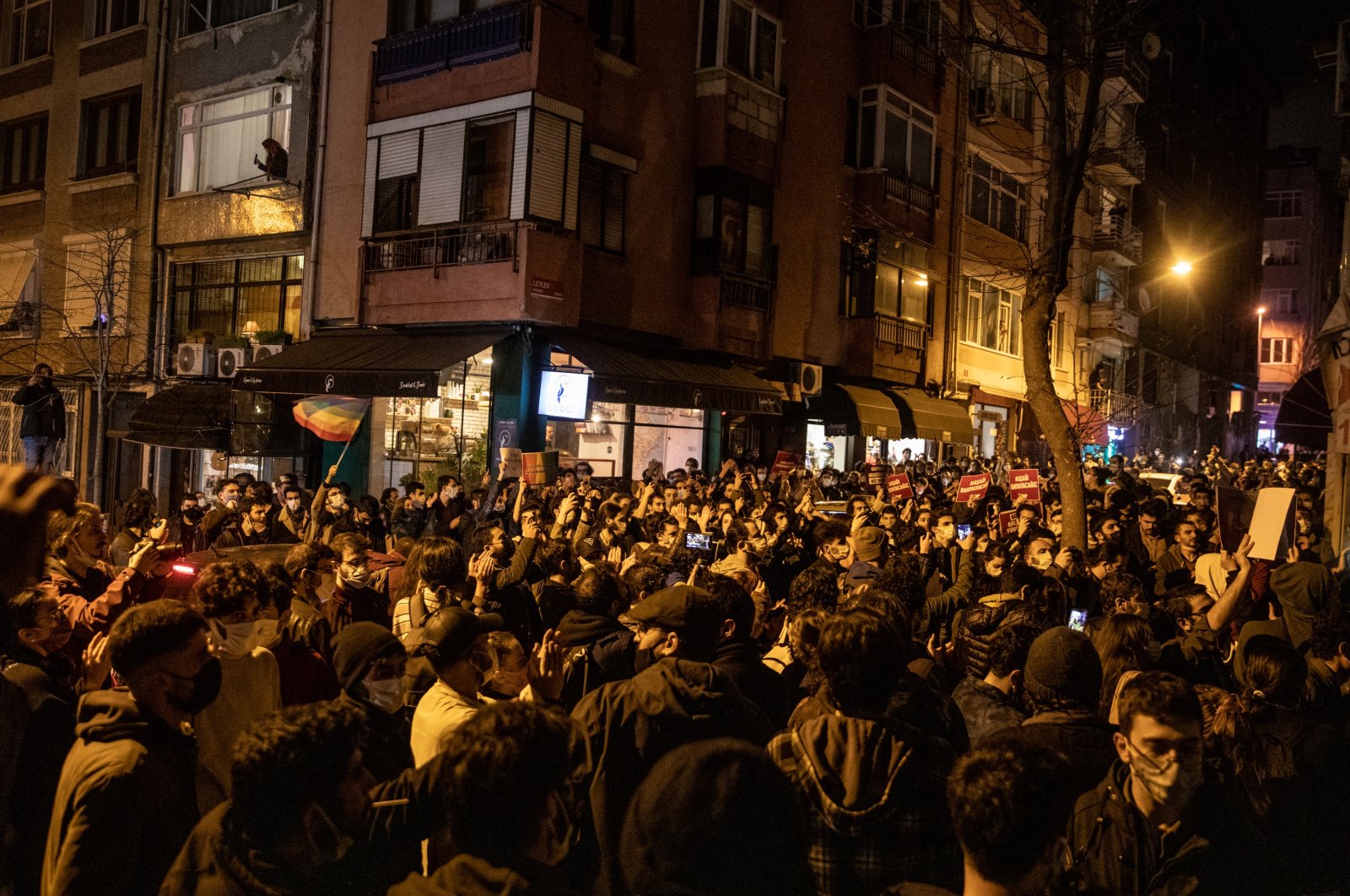Inauguration of New Biden Administration: Revitalizing International Order with New Thinking
(Japan) on 21 January 2021
by (link to original)
Usually, a presidential inauguration is a celebration that confirms the principles of democracy. The international community tries to discern what course the world will take from the words of the new superpower leader.
But America is now suffering from considerable domestic division and lost prestige in addition to the COVID-19 disaster.
Even as Donald Trump’s administration leaves, if the pile of domestic and foreign problems does not change, prospects for the future are uncertain.
Will the United States be able to come together and display the leadership needed to restore the global order? President Joe Biden has embarked on a stormy voyage.
Conquering Division Is an Urgent Task
Washington is still in shock from the attack on the Capitol. Some 25,000 U.S. Army troops were deployed to protect the inauguration. This is more than the total number of troops currently stationed in Iraq, Afghanistan and Syria.
Former President Trump boycotted the ceremony, the first time this has happened since 1869, following the Civil War.
America’s political strife has cut through society, as if the United States has imported the kind of thinking that existed during the Cold War. Polls show that one-third of American citizens do not recognize Biden as a legitimate president. Meanwhile, more than 400,000 Americans have died from COVID-19. Together, the social division and and massive loss of life evoke the Civil War of the 19th century.
During this crisis, empathy has been Biden’s strong suit, Biden being the oldest president in American history at 78. He suffered from stuttering as a child, which has given him insight into other people’s pain. In his life as a politician, he has also overcome the tragedy of losing family to accident and illness.
During the COVID-19 crisis, people have longed for a leader capable of empathizing with others. We expect that the Biden administration, marked by its diversity beginning with Kamala Harris, the first female vice president, will fulfill Biden’s wish to heal the wounds of division.
Putting the Brakes on Nationalism
But one cannot dismiss the idea that the moderate Biden was elected by default in the wake of the previous administration, which tested the boundaries of democracy.
His long experience as a senator and vice president will definitely be an asset. Yet the many problems that he faces cannot be handled by turning to the past. Instead, we need action that shines a light on the problems that have settled deep in the crevices of society over successive administrations.
How can the middle class, thinned out by changes in the industrial structure, be revitalized? How can the administration support America’s tolerant immigration policy, one of the country’s strengths, in a way that reenergizes society and stimulates innovative technology?
If we ignore inequality, there is probably no defense against a return of Trump-style populism. We need an inclusive kind of governance that has the power to overcome division.
From an international perspective, America’s unilateral power after the end of the Cold War completely ended under the previous administration. The past administration has been viewed as marking a return to competition between the great powers, and a struggle for hegemony between America and China that has been likened to a new cold war.
However, here, too, we must refrain from old-fashioned thinking. The modern era, where interdependence has advanced through globalization, cannot be understood as a two-sided confrontation.
The Biden administration needs to shift from the traditional thinking about nations as individual actors. The relative sense of America’s decline is unlikely to change, but building cooperation with countries that share democratic values would be a rational way to proceed.
Given climate change, policy for controlling the pandemic and a framework of tariffs, international cooperation never been as vital as it is now. Biden bears the heavy responsibility of putting the brakes on the international spread of nationalism and authoritarianism and rebuilding the world order.
Accordingly, we salute Biden’s immediate move to rejoin the Paris climate agreement. He should repair the alliances with Europe and strengthen international opinion in support of human rights and the rule of law.
Drawing up a Plan To Participate in Asia
America should seriously aim to participate in Asia, a region said to be shaping the 21st century.
Trump skipped the East Asia Summit for four consecutive years. He dwelled on confrontation with China and pretended to have a honeymoon with leader of North Korea, but never had any careful, long-term strategy.
How will Biden revise America’s policy toward Asia as a Pacific player and contribute to a serious network for cooperation?
The competition between China and the United States will continue, but no one is looking for a confrontation. It will benefit the world to guide China’s peaceful development and bring stability and prosperity to Asia.
Biden should also begin looking into rebuilding a multilateral framework to make North Korea abandon nuclear weapons. Consistent American participation is vital to stabilize the Korean Peninsula.
The Japanese-American alliance will likely grow for the public good in the region. But it cannot merely depend on personal relations between heads of state. We must create a diplomatic structure that lets Japan direct the peace of the region autonomously.
Although the storm that brought American destruction of the world order has abated, government leaders, including those in Japan and Europe, must realize that the days of relying on a specific superpower are over.


